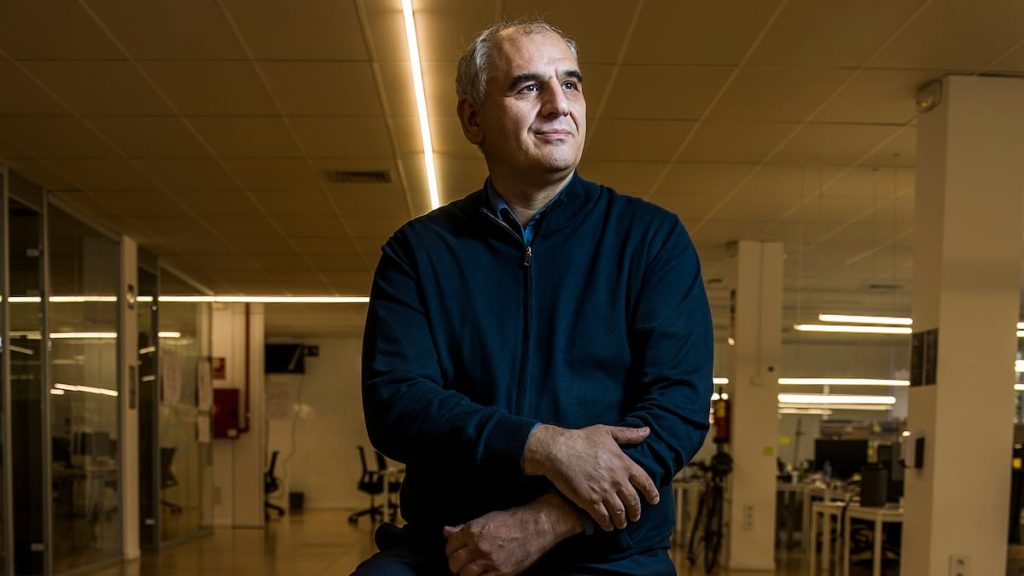The magistrate Juan Carlos Peinado, who is leading the case against Begoña Gómez for alleged crimes of influence peddling and business corruption, decided to charge businessman Juan Carlos Barrabés last Friday based solely on two exculpatory reports from the Civil Guard and Barrabés’ own testimony as a witness— a condition granted by the judge that prevented him from invoking the right not to answer questions— according to the resolution issued to direct the case against this second suspect. The Prosecutor’s Office has already appealed this charge, considering it a “null” resolution that has “violated rights.”
In a brief ruling dated erroneously on “April 16” (the investigation actually began on that day) and signed by the judge at 12:54 this past Friday (after Begoña Gómez had already invoked her right not to testify before him), the magistrate decided to accelerate the case against Barrabés. The judge justified the charge with a single paragraph stating that, based on the investigations carried out so far, including the reports from the Central Operative Unit of the Civil Guard dated May 14 and July 02, and Barrabés’ testimonial declaration, it can be inferred that he was involved in the investigated actions with Begoña Gómez, therefore changing his procedural status to that of a suspect.
The basis for Barrabés’ charge relies on the two pillars of the reports from the Civil Guard and his own testimony as a witness. This has raised concerns among the defense attorneys and the Prosecutor’s Office. The judge had these reports from the Civil Guard when he decided to summon the businessman as a witness. He then deemed it necessary to grant him that status, preventing him from having a lawyer present and invoking the right not to answer questions that all suspects have to ensure their defense— besides being obliged as a witness to tell the truth under threat of further legal action if he refuses. The reports from the law enforcement agency indicated that no irregularities were found in the public contracts awarded to Barrabés’ companies.
While it is not uncommon for a judge to change a witness’s status to that of a suspect, in other cases, to guarantee the right to defense, judges interrupt the testimony of the witness if they feel they are incriminating themselves and then schedule a new hearing for further questioning, with legal representation and the right not to answer questions. In this case, however, the witness’s testimony was not interrupted, and the judge did not formalize the businessman’s charge until four days after he appeared as a witness.
The situation regarding Barrabés’ status in the case has been controversial from the start. Despite the judge focusing on his relationship with Begoña Gómez and the investigations into public contracts awarded to his companies, Barrabés was initially called to testify as a witness—unlike the president’s wife, who was charged. The Prosecutor’s Office expressed their bewilderment at this situation, stating that Barrabés is considered a witness although it seems like he is the one being investigated, even though the nature of the investigations revolves around him.
The Public Prosecutor has appealed the magistrate’s resolution charging Barrabés, citing “nullity” due to lack of motivation and rights violations. The Prosecutor’s Office has requested a judicial resolution with a minimum and sufficient motivation and reasoning, aligned with the circumstances of the case, highlighting the uncertainty and procedural drift in the investigation. Barrabés, during his testimony as a witness, mentioned meetings at La Moncloa with both the Prime Minister and his wife on different occasions, without indicating any irregularities. The magistrate Peinado has accelerated the proceedings in the case against Begoña Gómez and summoned Prime Minister Sánchez to testify as a witness, alongside charging other individuals, signaling a new phase in the investigation.


